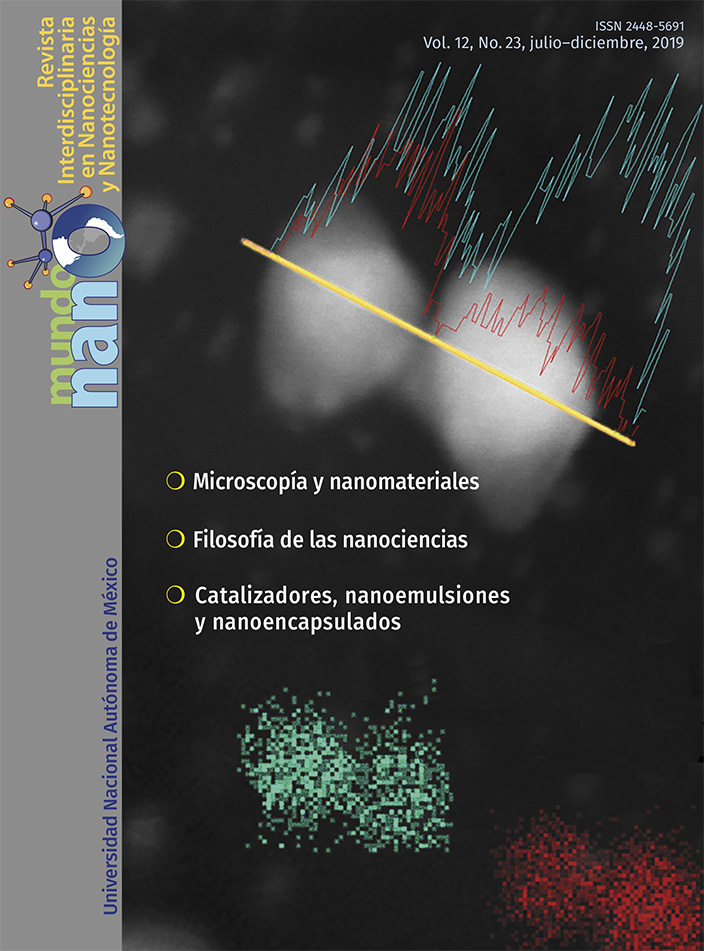Studies of optimal conditions to maximize physical and oxidative stability of nanoencapsulated vitamin ingredient
Main Article Content
Abstract
The aim of this work was to evaluate the effect of different wall materials, sodium caseinate (CS) and a modified starch Capsul® (CAP), on the physical and oxidative stability of nanoemulsions with vitamin E, to obtain a nanoencapsulated vitamin ingredient. An experimental Box-Behnken design was established, where three factors were analyzed: type of encapsulating agent (4% w/w CS/CAP/CAP+CS), surfactant concentration Tween 80 (1-2% w/w), and ultrasound time (1-3 min). The response variables were the size of nanocapsules, polydispersity index (PDI) and oxidative stability at 80, 110 and 140 °C, expressed as the induction period (PI). From the optimal conditions, the model was validated and the concentration of the encapsulating agent was increased to improve the physical stability of the nanoemulsion during storage (4 °C-72 h). These nanoemulsions were lyophilized and the PI was evaluated in comparison with free vitamin E and as a nanoemulsion. A particle size between 20-100 nm was obtained with a PDI<0.5 under all experimental conditions, confirming the obtaining of nanoemulsions with a monomodal size distribution. The lyophilization process improved the oxidative stability of the vitamin compared to the vitamin E nanoemulsion and the free vitamin E.
Downloads
Article Details

Mundo Nano. Revista Interdisciplinaria en Nanociencias y Nanotecnología por Universidad Nacional Autónoma de México se distribuye bajo una Licencia Creative Commons Atribución-NoComercial 4.0 Internacional.
Basada en una obra en http://www.mundonano.unam.mx.





